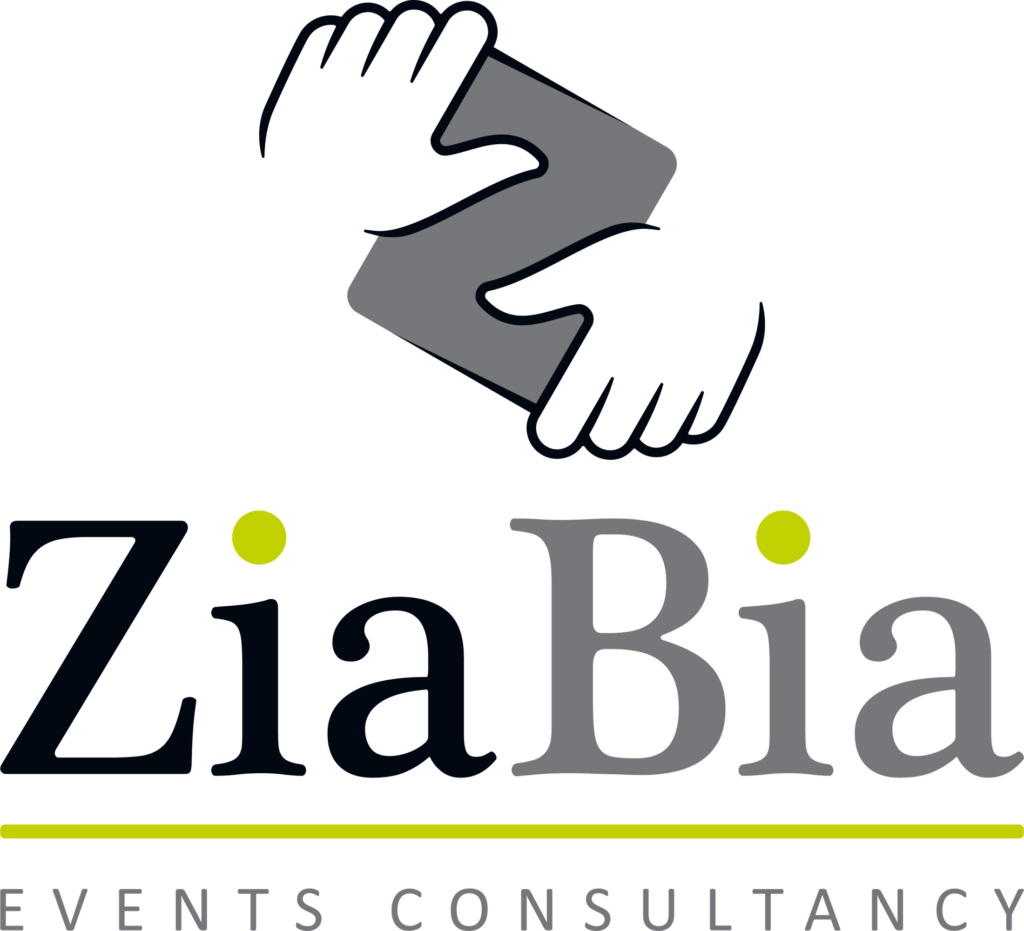Any event should have a strong contingency strategy in place – you should always plan for plan A, B and C! This applies to any event format, online, face to face or hybrid.
What is contingency planning?
It makes anyone nervous to think about what can go wrong, however contingency planning is essentially problem solving wherever possible ahead of an event. Always consider the alternatives to ensure there is a strong backup plan in place.
Contingency planning is an important skill for Event Managers. Planning makes you fully aware of all of the things that could potentially happen to steer things off track. It is essential to put plans and mitigating actions in place as to how you could effectively combat a situation.
You may have seen then photos of the O2 in London after Storm Eunice, where the roof had been damaged in the storms. The teams, both at the venue and those organising various events, would have immediately implemented their contingency plans to move planning forwards with cancelling, postponing and rescheduling the various events affected.
Spring into action!
In 2021, we were due to deliver a virtual event on a platform we used frequently for events. On the morning of the event, which was taking place in the afternoon, the event platform went down. There was no access to the platform and we did not know when it could be used again.
What did we do?
We went into contingency planning mode!!
First of all we spoke to the client – its always important to communicate!
We discussed and gave our recommendations to put a plan in place. We had a plan for an alternative platform to use, a plan to communicate with the audience and we agreed timescales to implement the contingency plan. This was all done within 30 minutes of knowing the platform was not available.
As it happened, the contingency plan wasn’t needed, however it was invaluable to know it was in place. Sometimes you do not have the luxury of time, so wherever possible, make the necessary plans in advance.
Looking ahead
Of course as we have already mentioned, contingency planning is not just relevant to the virtual world, its just as important in a face to face environment.
Following on from the Covid pandemic and restrictions over the last 2 years, a contingency virtual alternative is a potential recommendation for face-to-face events – this could be planned for in the form of a hybrid approach. This also would allow for speakers to attend virually where they may not have been able to in person. There is more potential for any event!
It is not as simple as placing a camera in front of a stage and live streaming to a virtual audience, but this approach could be included in any pre event planning. It can also give the audience options too!
Remember, a 360 overview is important for any and every event and contingency planning is part of this!







